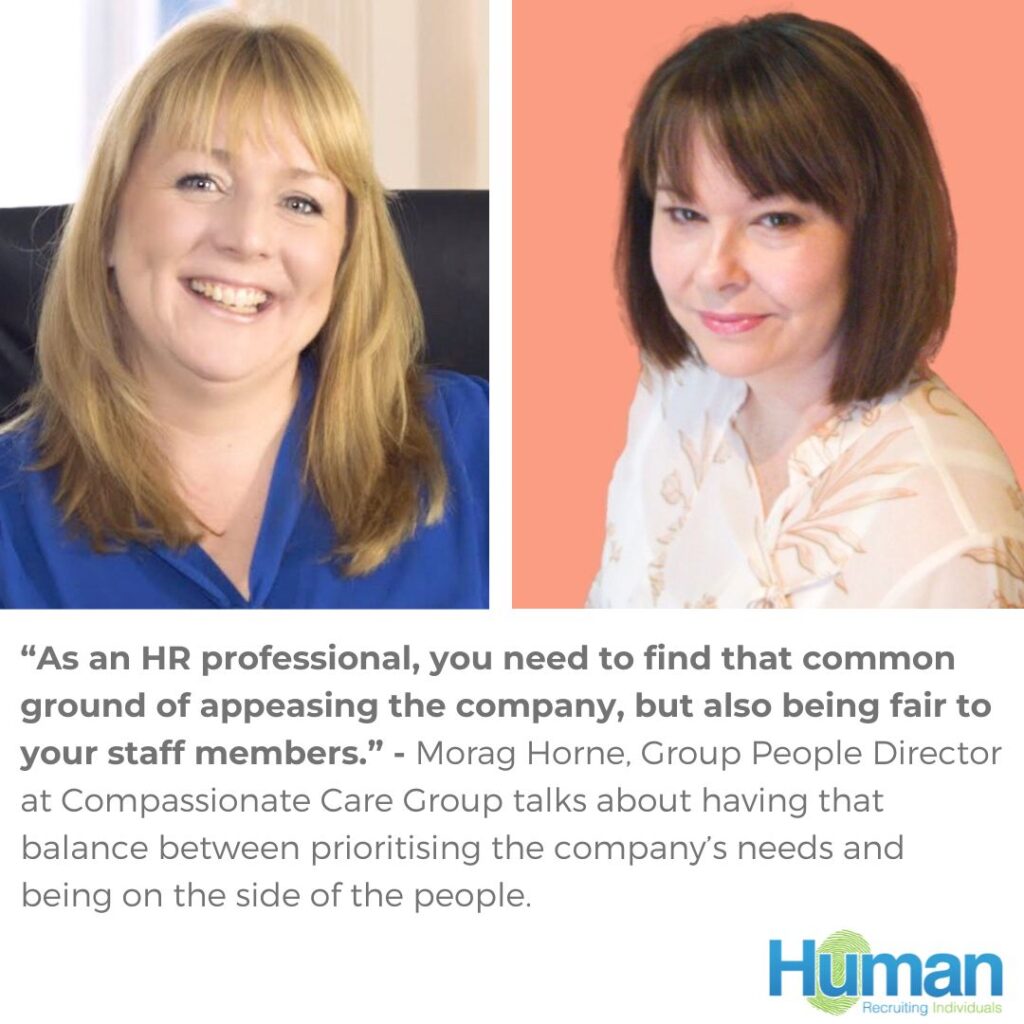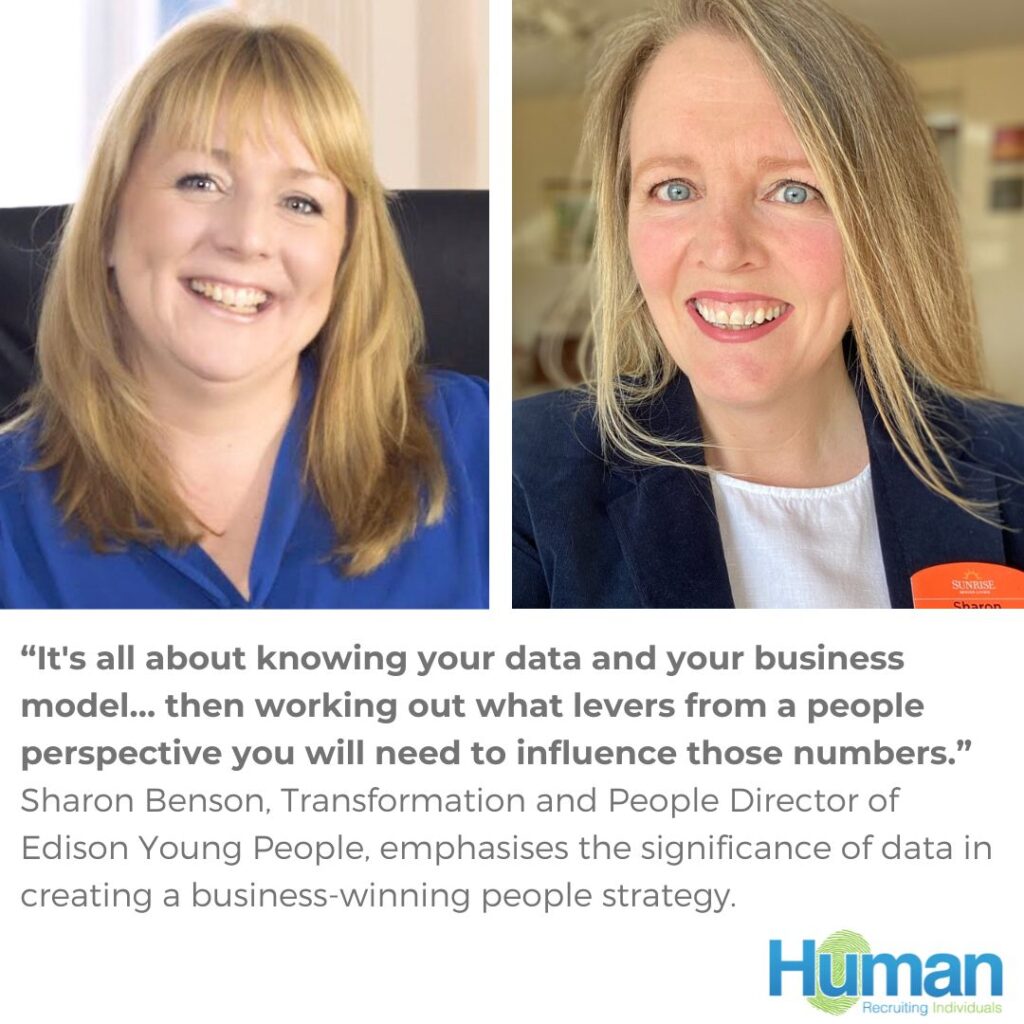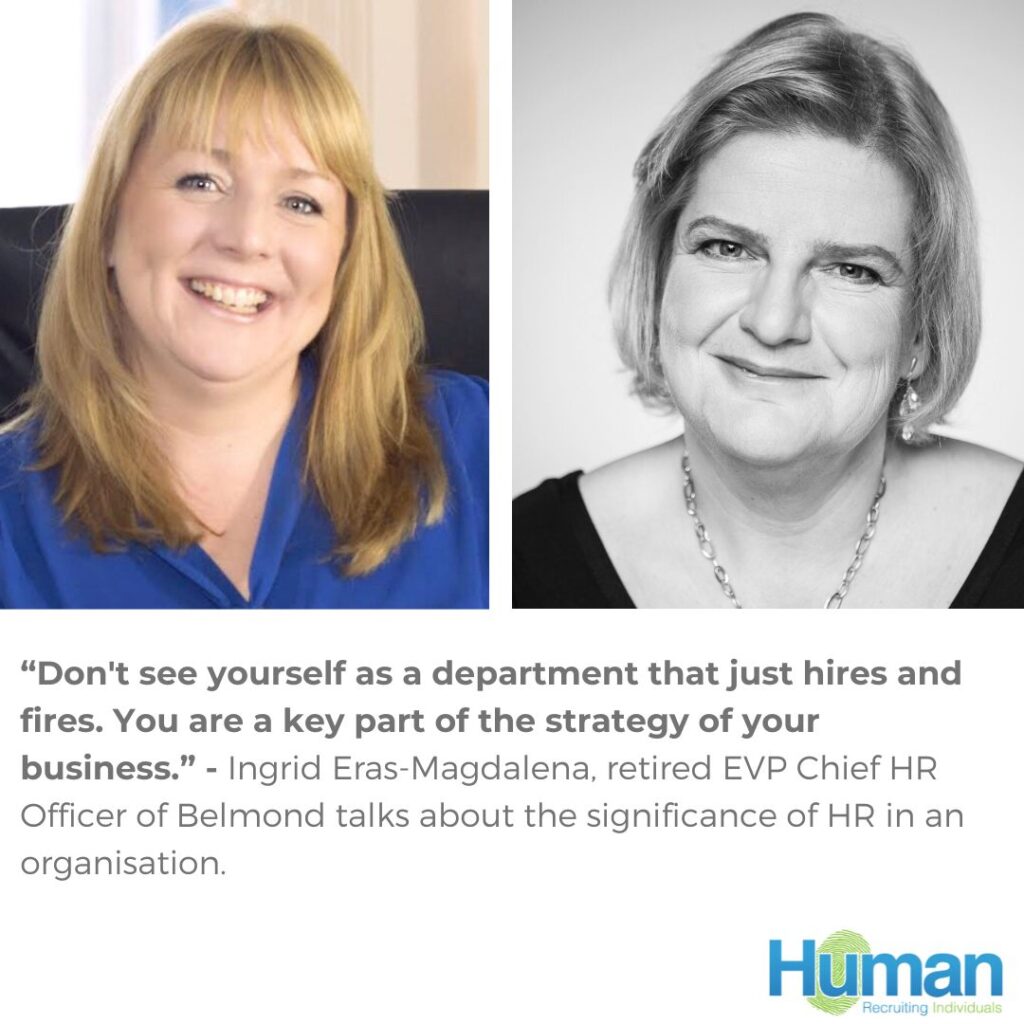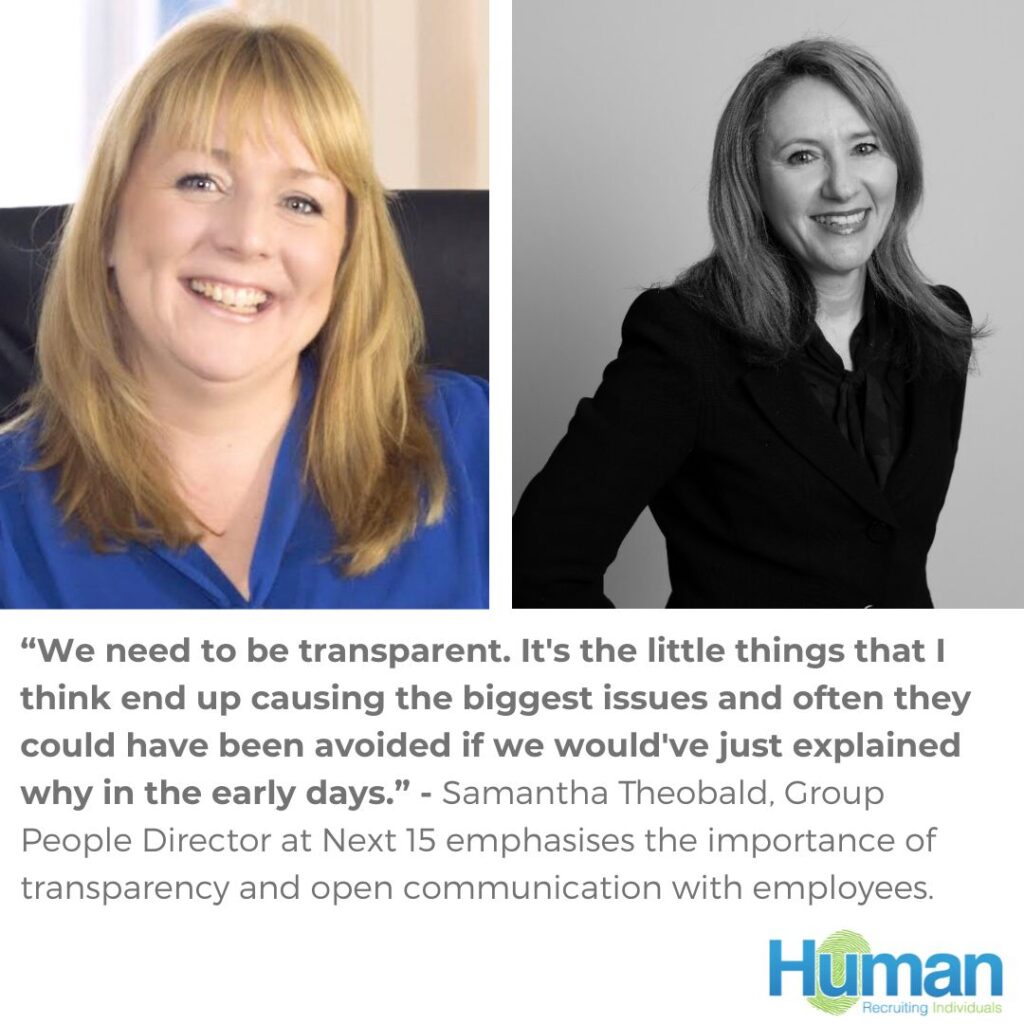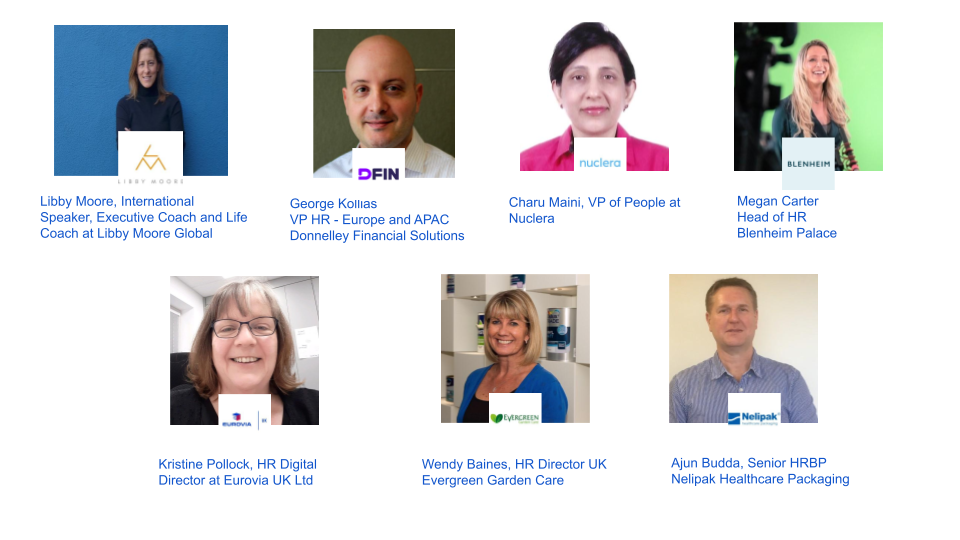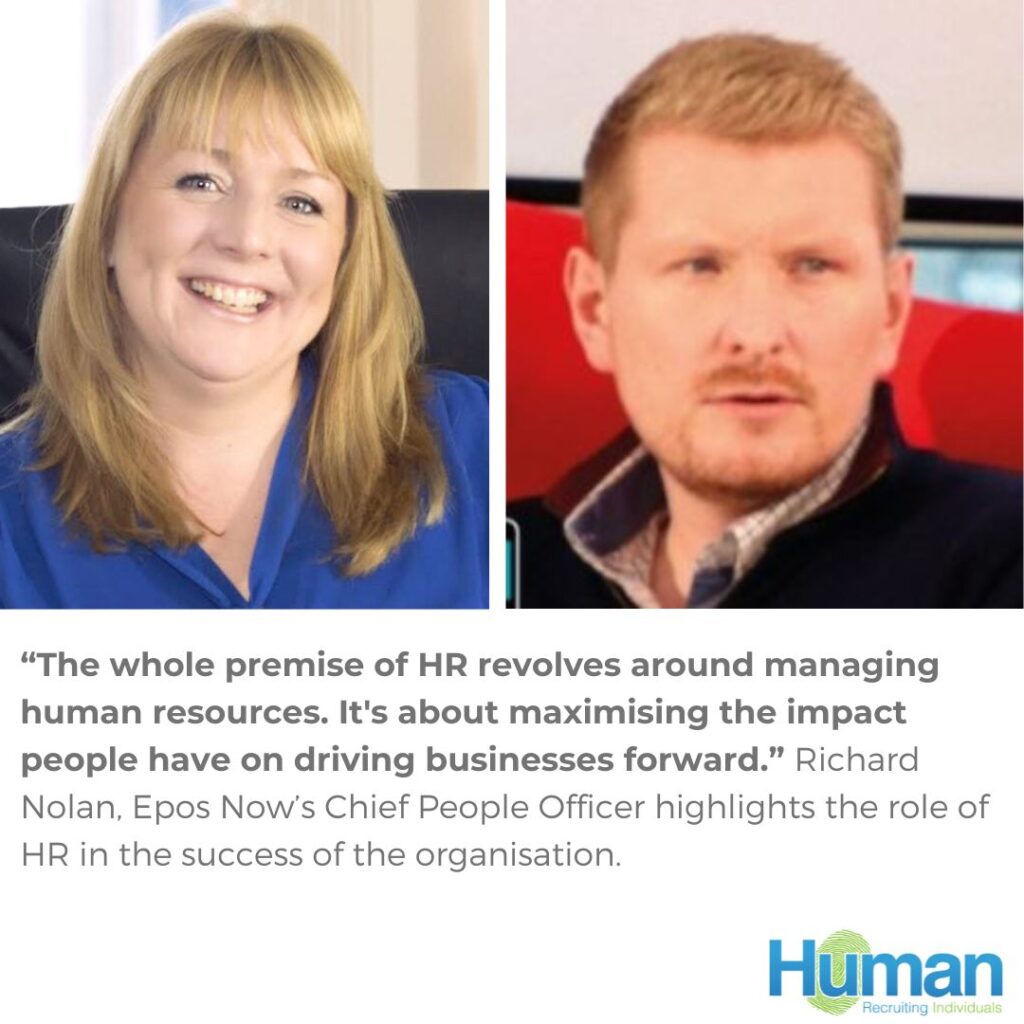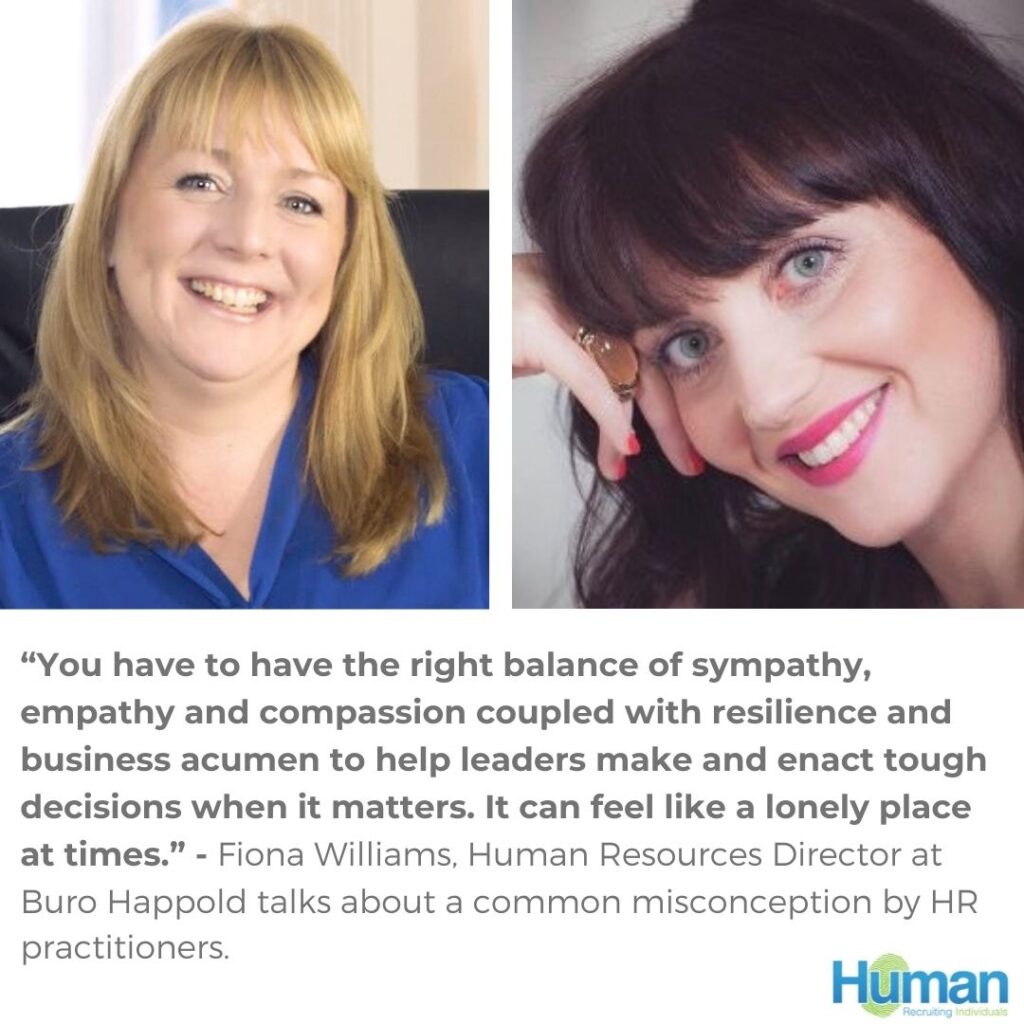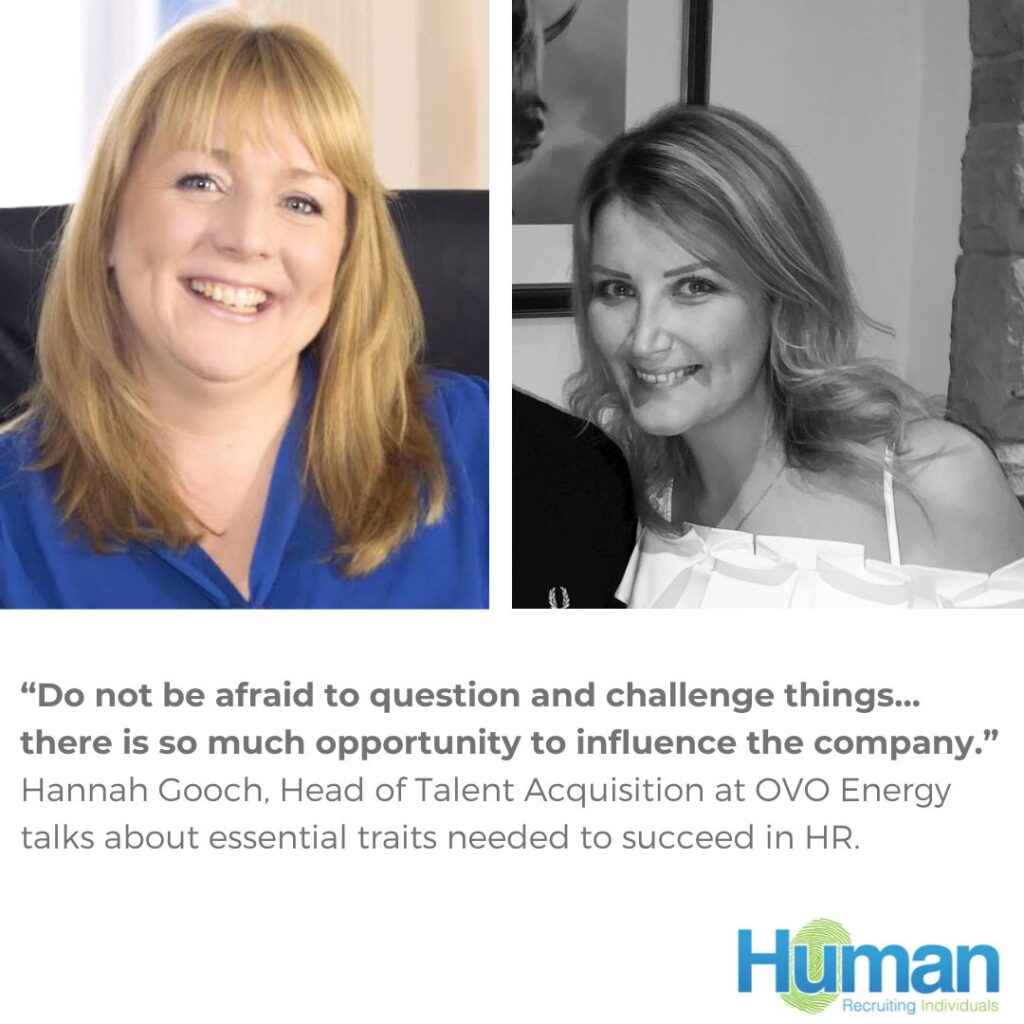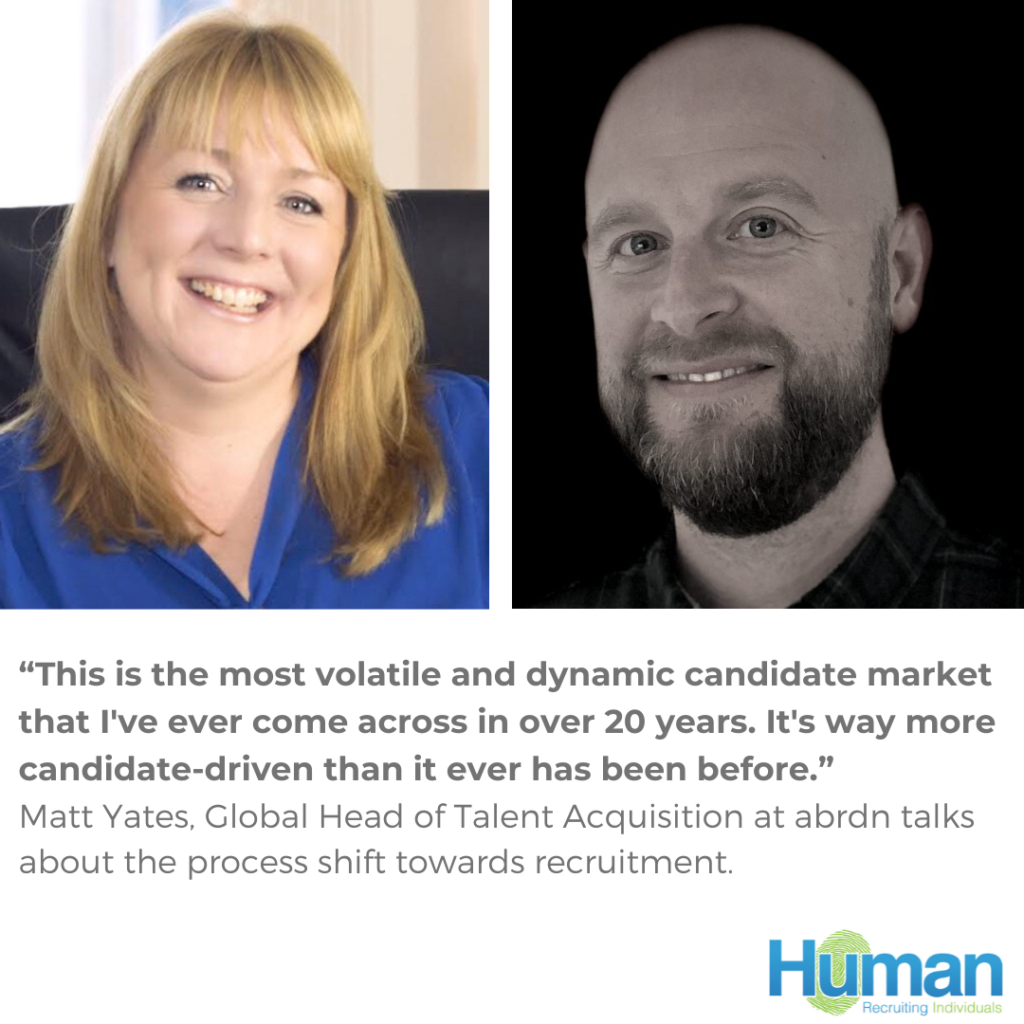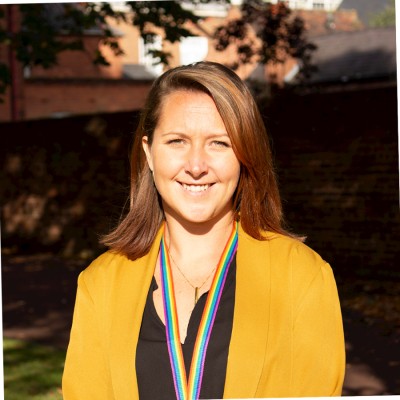“Just pause, reflect and slow things down” – Morag Horne, Group People Director at Compassionate Care Group
“As an HR professional, you need to find that common ground of appeasing the company, but also being fair to your staff members.” – Morag Horne, Group People Director at Compassionate Care Group talks about having that balance between prioritising the company’s needs and being on the side of the people. As part of our commitment to support candidates in developing fulfilling careers, we’ve invited HR Leaders from a wide variety of organisations to share their insights on building a career, the challenges they face and what advice they would share with those hoping to follow in their footsteps. This week, we had a great conversation with Morag Horne, the Group People Director at Compassionate Care Group. Morag established her career in South Africa, where she practised HR for 23 years in the non-profit, shipping, civil engineering and construction industries. But in 2021, she took a leap of faith and decided to move to the UK. Morag’s extensive experience included setting up a whole HR division from scratch as well as ramping up the headcount for an established team. Her HR competencies include organisational development, change management, strategic planning, employee relations and communications. Can you share with us what made you decide to pursue a career in HR? It was about 23 years ago when I was hired as an administrator at a hospice. We had about 120 staff doing round-the-clock shifts. They decided that they would like to start what we used to call then as the personnel department. I think the general manager noticed that I had an affinity for people so I became their HR officer. I was there for five years and that was the beginning of my HR career. In my case, the decision to pursue HR was a culmination of moments of helping people in the workplace, realising they trusted me and would come to me with their problems. I was in my late twenties then and people in their fifties and sixties came to me. It was a collection of incidents with the staff, from people who are having a hard time and those who needed help for their career development and just everything really coming together. After starting off in a non-profit organisation, I decided I would go into something more corporate. So I ended up in shipping for 12 years and then I went on to civil engineering for another seven years. So I’ve had my share of corporate training and exposure. When I came to the UK about 10 months ago, I wanted to get something like what I was doing previously at the hospice, combined with HR skills. And that’s what appealed to me about Compassionate Care. I found myself using both my talents. So I started off on my own here, doing everything from scratch as I’m the first HR employee. I have grown the team to about seven people now and I’m working on the employee value proposition. What challenges are you currently facing? Recruitment is obviously the number one problem. And I realised that adjusting to the UK workforce is very different from that in South Africa. In South Africa, we do not have a recruitment problem. We have an unemployment problem. The power sits very much with the employer in that the staff member knows they’re not going to be able to find a job very easily. So they stick with their jobs, behave themselves and are very compliant. But here people know they’ll get a job next week. So the power shifted here. You’re somewhat at the mercy of your staff here, the opposite way around in South Africa. So it was a matter of adjusting to that and coming to terms with the turnover of staff in this country. I was used to investing a lot in a person in my own team, and that person stays in me for years. It’s not the case here. And you just have to get your mind right and accept that it happens. I do what I do, mentor them, coach them, and put everything I have into them. If they leave, they leave. And you move on and you start again. With us moving to other cities and diversifying geographically, it may be somewhat of an obstacle in terms of recruitment, not knowing the area. Also, people are not in the city we are in and we will have to adapt with the staff that are spread over the country. It is not ideal, but it’s something we have to adjust to. What advice would you give to those planning to pursue an HR career? Just pause, reflect and slow things down. This relates to decision-making or when you are in an awkward position or being conflicted ethically. I’m 50 now, my advice to someone in their 20s or 30s would just be to take a step back sometimes, be a bit more empathetic and that there are always two sides to a story. As an HR professional, you need to find that common ground of appeasing the company, but also being fair to your staff members. And I think that’s a challenge in itself to try and achieve. It takes years of honing your craft to adapt to that. But it is achievable. Morag relocated to the UK and joined the Compassionate Care Group in November of 2021 as its HR Manager and was promoted to be its People Director 6 months after. If you are interested in having a confidential conversation about your career or would like support growing your team, please get in touch today.

